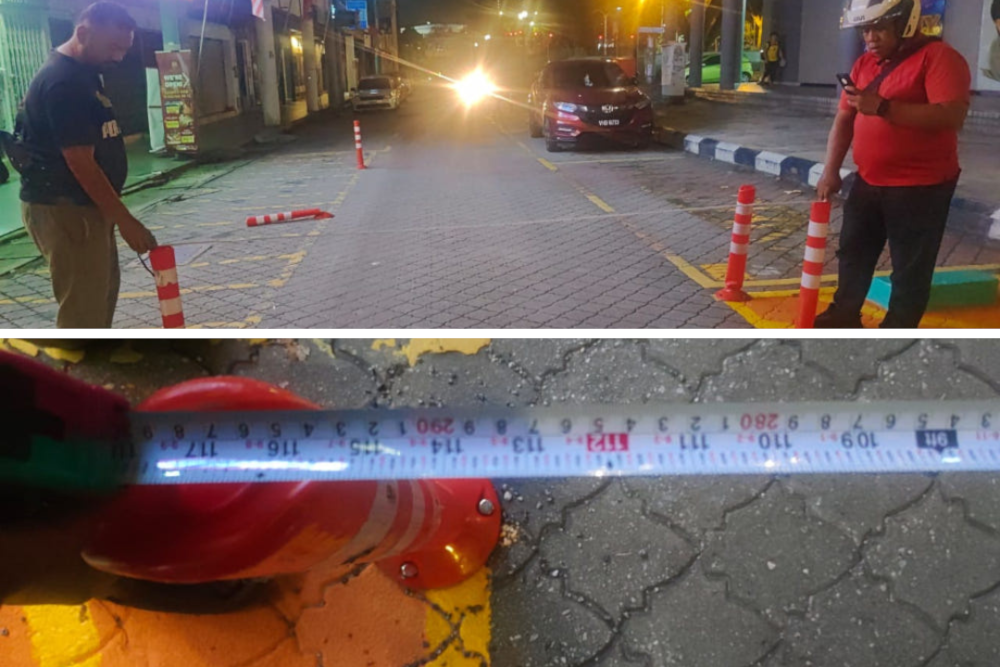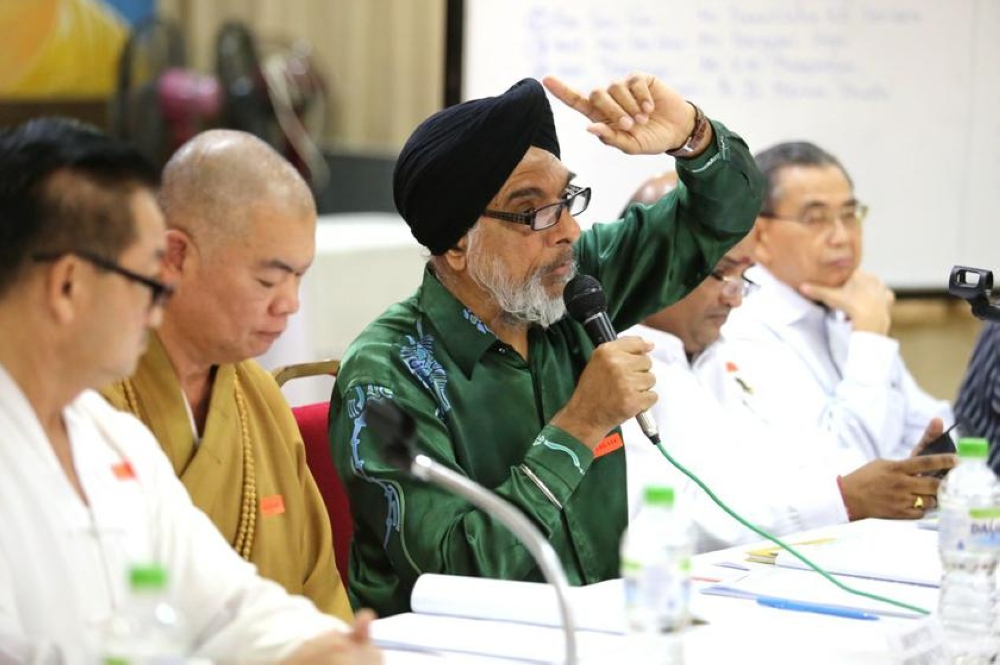KOTA KINABALU, Feb 1 — After a false start to the smoking ban on January 1, the nationwide ruling is now in effect in Sabah, but some smokers are still not quite ready to fully abide by it.
A survey of several eateries here showed that smokers are mostly compliant, although some are still taking advantage of the six-month grace period.
A coffeeshop owner in Penampang said that many smokers started to light up outside beginning January 1, but after it was announced that the ban would officially begin on February 1, it was back to status quo.
“Many of them just told me it’s not February 1 yet, so they were going to milk it for as long as they could. But today, only one of my customers insisted on smoking inside. But he did choose a table that was at the back,” said Kedai Kopi Kasigui owner Ronnie Ting.
“The others went out to smoke. They were warned beforehand, so they knew the ban would start today,” he said.
A check at the popular Indian Muslim food chain, Maimunah, found customers smoking outside the restaurants, although not quite in line with the three-metre buffer zone and some are still puffing away at outdoor tables.
“Most people do step out even before today. I think they know by now the law will be implemented soon. Some still complain, but what to do? The law is the law.
“The problem is when they ask us questions about the enforcement. We don’t know when or how it will happen, so we tell customers that we just cannot take the chance and get caught,” said a worker who declined to be named.
A Chinese coffeeshop in the suburbs of Kota Kinabalu said that it put up big “no smoking” signs in January so customers have mostly taken heed.
“There are some regulars who complained and threatened to stop coming, but we said it’s the law and it’s for everyone’s good. They still smoked if they were seated on the sidewalk, but now, we don’t know what they will do,” said the manager who wanted to be known only as May.
“I will have to tell them off, but they also know that there’s a six-month grace period. So we will see what happens. All I know is that the ban starts today,” she said.
All have said that eventhough customers will grumble, none have acted aggressively.
They all also noted a slight dip in business, although they did not necessarily attribute this to the smoking ban.
Ting said that in the last month, there have been fewer customers, but said it was normal at the beginning of the year, and close to Chinese New Year.
“Maybe it’s because they want to save money for the festive season, or something. But I don’t think it’s because of the smoking ban,” he said.
Meanwhile, a smoker outside an eatery in Kepayan said that although he was unhappy with the new ruling and heavy fine, it has forced him to smoke less and also spend less time hanging out at coffeeshops.
“Nowadays, we go for lunch or drinks, and spend a maximum of 10 or 15 minutes, and we go back. So maybe it’s good,” said Ahmad Mazlan.
He also found it hard to quantify the distance measured, and said he just estimates it, which sometimes sees him just smoking on the five-foot pathway.
“I’ll play by ear. If there are other shops nearby, I’ll go out on the roadside,” he said.
Sabah had postponed the implementation of the ban after a “miscommunication” between the Health Department and the State Health and Public Well-being Ministry.
Eateries were left in the dark as to whether the ban would be on, although most had put up “no smoking” signs.
It was later announced that Sabah would begin enforcing the ruling on February 1, with a six-month grace period for “educational enforcement” until July 1 when the law will be enforced in full.
In the nationwide ban, which began on January 1, anyone found guilty of smoking in prohibited areas can be fined up to RM10,000 or jailed up to two years under Regulation 11 of the Control of Tobacco Product Regulations 2004.
Eateries that fail to display the smoking ban signage can be fined up to RM3,000 or jailed up to six months under Regulation 12 of the Control of Tobacco Product Regulations 2004.



















